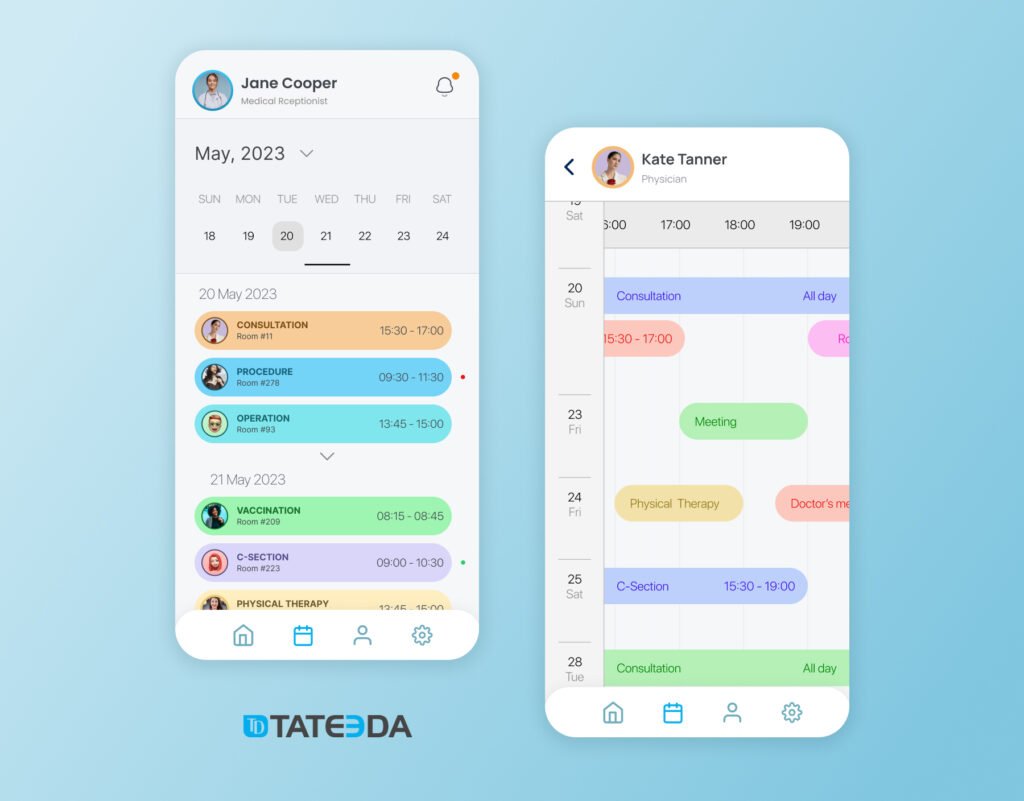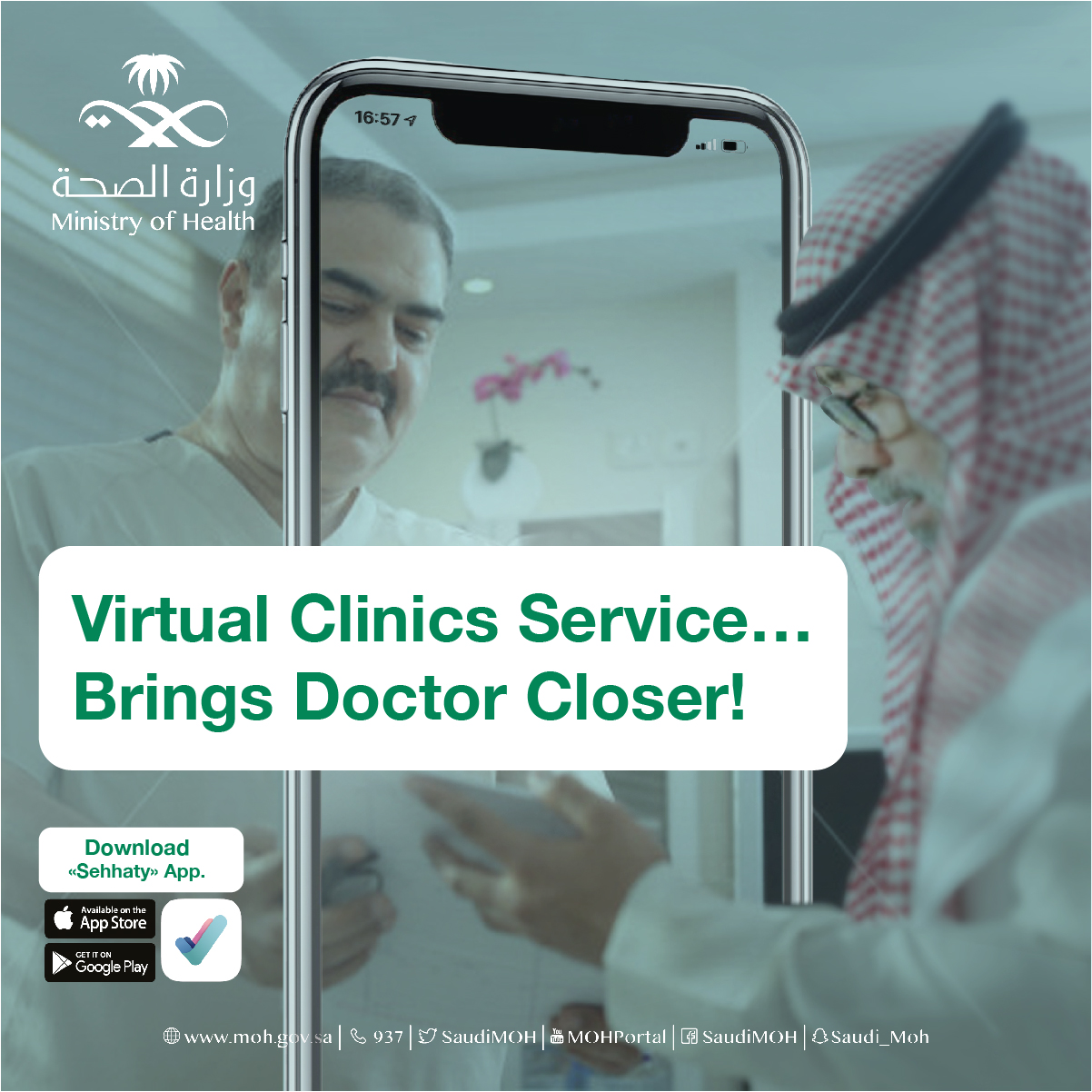The Effect of a Mobile App for Clinics on Operations Effectiveness and Patient Fulfillment
The Future of Health Care: Why Clinics Need a Mobile App Today
As the healthcare landscape continues to evolve, clinics deal with mounting pressure to adjust to individual assumptions for higher comfort and availability. The assimilation of mobile applications can offer as an essential technique for improving client interaction and streamlining procedures.
Changing Person Expectations
As the landscape of medical care progresses, individual expectations are undertaking a significant change. Today's clients are progressively looking for convenience, availability, and individualized treatment.
Additionally, individuals are coming to be extra educated and equipped, frequently investigating therapies and problems online before examinations. This heightened understanding is coupled with a need for openness in healthcare procedures, consisting of cost estimates and treatment options. Therefore, service providers are urged to adapt by adopting digital devices that enhance the individual experience.
The expectation for efficient and timely interaction has never ever been greater, with many patients taking into consideration responsiveness a crucial part of top quality care. mobile app for clinics. In this advancing landscape, medical care organizations should acknowledge these transforming assumptions and leverage mobile applications to foster an extra patient-centric approach, making sure that they not only satisfy but surpass the criteria established by today's educated consumers
Enhancing Patient Interaction

Mobile applications assist in interaction in between people and healthcare companies, making it possible for real-time visit organizing, suggestions for medicine adherence, and direct messaging functions. These capabilities not just boost comfort but additionally construct a feeling of responsibility amongst individuals. Furthermore, mobile applications can use academic content tailored to individual needs, assisting patients better recognize their problems and therapy options.
The combination of gamification aspects within healthcare applications can also inspire clients to take part in healthy and balanced actions, enhancing favorable lifestyle adjustments. By tracking progress and rewarding accomplishments, individuals are more most likely to stay dedicated to their health and wellness objectives. Eventually, boosting client engagement through mobile applications causes improved wellness end results, higher patient contentment, and a much more joint health care experience. Facilities that prioritize this aspect will likely see a considerable influence on the quality of care delivered.
Simplifying Clinic Operations
Streamlining clinic procedures is important for improving operations performance and optimizing patient care. The application of mobile applications can considerably minimize management burdens, enabling health care carriers to concentrate much more on individual interactions. By automating appointment organizing, individual check-ins, and payment processes, clinics can lessen wait times and improve overall operational efficiency.
Mobile applications also help with real-time access to client documents, making it possible for healthcare specialists to make enlightened decisions swiftly. This immediacy not just boosts the top quality of treatment but additionally minimizes the likelihood of mistakes associated with click for source lost or obsoleted information. In addition, leveraging mobile modern technology sustains a more orderly strategy to managing patient follow-ups and treatment plans, guaranteeing that no critical steps are ignored.
This permits for timely replenishment and aids avoid disruptions in client treatment due to equip scarcities. By incorporating these capabilities right into their everyday procedures, centers can produce an extra effective and cohesive atmosphere, inevitably leading to boosted person results and complete satisfaction.
Improving Interaction Networks
Efficient interaction is frequently mentioned as a foundation of quality health care delivery. In today's hectic clinical environment, mobile applications can dramatically enhance interaction networks in between facilities, individuals, and health care suppliers. By incorporating mobile apps into their procedures, clinics can promote real-time interactions, making certain that patients receive prompt details concerning their visits, test results, and therapy plans.
Mobile applications likewise equip patients to interact directly with their health care teams through safe and secure messaging functions. This direct line of interaction promotes a feeling of engagement and enables instant information of worries, which can result in much better adherence to treatment procedures. Push alerts can remind people of upcoming appointments or medication schedules, minimizing no-show prices and boosting general wellness results.

Staying Competitive in Healthcare
In a swiftly advancing healthcare landscape, organizations should prioritize advancement and flexibility to preserve a competitive side. The assimilation of mobile applications right into healthcare solutions is no much longer optional; it is necessary for centers intending to enhance client interaction, streamline procedures, and improve general service delivery.
As patients increasingly depend on digital platforms for wellness management, clinics that fail to take on mobile technology threat falling back. A well-designed mobile app can provide features such as visit organizing, telemedicine consultations, and accessibility to clinical documents, supplying people with benefit and promoting commitment.
Competitors are also purchasing mobile options, so remaining in advance requires constant improvement and staying educated about technical innovations. Clinics must not just apply mobile applications however likewise take part in normal updates and improvements. Ultimately, the effective integration of mobile innovation will certainly identify forward-thinking healthcare companies and established the criteria for patient-centric treatment in an electronic world.
Conclusion
Finally, the assimilation of mobile applications in centers is critical home to attend to the evolving landscape of client expectations. By boosting patient interaction, enhancing procedures, and enhancing communication channels, clinics can considerably improve health outcomes. Additionally, the adoption of mobile modern technology positions centers to continue to be affordable in an increasingly digital health care environment. Inevitably, the critical application of mobile apps represents a vital step toward delivering individualized and easily accessible health care, thus fulfilling the requirements these days's encouraged people.
Inevitably, improving person engagement with mobile applications leads to enhanced health end results, better individual complete satisfaction, and a much more collective health care experience.Mobile apps also promote real-time accessibility to client records, enabling healthcare specialists to make educated choices promptly. In today's hectic clinical setting, mobile applications can considerably boost communication channels between clinics, people, and health care carriers.Mobile applications additionally equip people to connect directly with their medical care groups through safe messaging functions. Eventually, the critical implementation of mobile apps stands for an essential step towards supplying available and tailored health care, thereby satisfying the requirements of today's equipped clients.